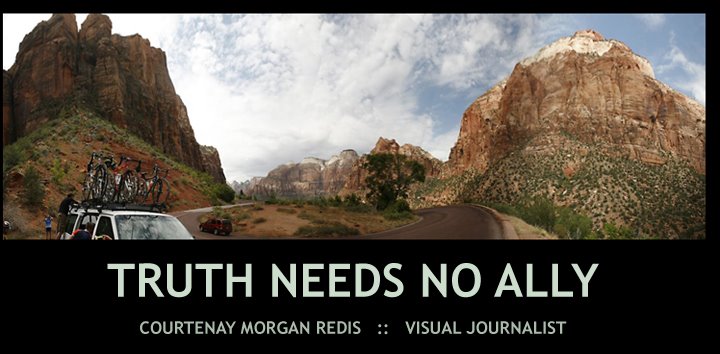
Photojournalist Cornell Capa, founder of the International Center of Photography (ICP) in New York City, passed away in his sleep on Friday, 23 May 2008 after a battle with Parkinson's Disease. His death came just two days shy of his brother's death 54 years ago, when Robert Capa was killed instantaneously after stepping on a landmine while photographing in Vietnam. The older brother was the more famous photographer, perhaps in part due to his tragic, early death (much like how JFK carries a mystique his brother, Robert, almost approached). Yet Cornell, who lived into his 90th year, spent decades pursuing the "concerned photography" (a term he coined) to which both he and his brother were dedicated.
Cornell Capa, born Cornel Friedmann in Budapest, Hungary, in 1918, was a Life Photographer and then a photographer for Magnum Photo Agency, an association that his brother had founded in 1947 along with David "Chim" Seymour, and Henri Cartier-Bresson. According to the National Press Photographer Association's website, "Capa said he was motivated 20 years later to found ICP at a time when photojournalism seemed to be taking a back seat to television and film, and over his concern about how to 'keep alive' the work of photojournalists after their death (a personal experience for the photographer in light of his famous brother's work)."

Robert, a non-practicing Jew and a pacifist who covered wars and died while covering one, was buried at a Quaker cemetery north of Manhattan. Since then, Cornell's wife Edie, the Capa boys' mother Julia and the family biographer Richard Whelan have all been buried together. The Friend's Meeting House in Amawalk, less than two miles from my childhood home in Yorktown Heights, will welcome Cornell to his final resting place with a private ceremony on Wednesday.
I'd driven here yesterday, on a warm and sunny Memorial Day afternoon, with my sister and father. We did not, at that time, see where the family plot was located. The cemetery was empty of the living except for us, although a number of American flags placed at various tombstones throughout this small cemetery indicated others had been walking through recently. We made a somewhat perfunctory attempt at locating stones with "Capa" or "Friedmann," unsure of which name the family had been buried under.
When I went for my morning run, I headed to the cemetery. This time, I couldn't enter even though I enjoy being in cemeteries - I feel protected in them, somehow. Today, though, I simply stood on the threshold of the driveway, unable to go further. I wanted to return showered and quiet. That time came this afternoon.
Pops and I stopped in on my way to the Metro North train station in Croton Harmon before I headed back to Queens. Just as we were about to leave, unable to find the grave, I spotted a large mound of dirt covered in a green mesh tarp on the downward slope of the cemetery, in a spot on the edge of the grounds. The undertakers had just prepared his grave when a light drizzle began to fall.
Surrounded by woods, the four markers stood two feet tall: Robert, Edie, Julia and Richard from right to left. In between Julia and Edie's tombstones lay the wood planks covering the whole in the ground that will receive Cornell's remains tomorrow. The sound of thunder ushered in a heavy downpour.

At first I felt a rush of energy and pleasure at the discovery of this treasure practically in my backyard. But as I stood there, then knelt, sheltered from the rain by the boughs of the trees above, I felt awe, respect, and the profound quiet of those woods around, and those lives before me. These men, and the women who loved them, are a significant part of the legacy I have inherited as a woman who wants in my deepest desire to live: as a concerned photographer and journalist. So I did what came naturally - I made photographs to capture the moment in time, to collect in some small way the experience of being in the presence of the greatness of their lives. Before walking back up the hill to where my father was waiting, I touched the ground and thanked the earth for giving them life and giving them rest.

 Join Email List
Join Email List

